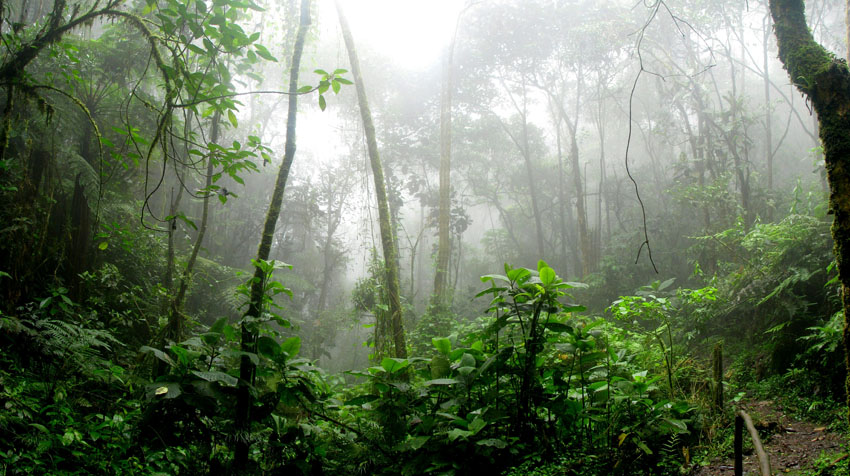
Saturday, August 24, 2024
Reading Time: 3 minutes 
Brazil is implementing new visa restrictions for travelers from certain Asian countries, including India, Nepal and Vietnam.
These measures will be curbing the misuse of Brazil as a transit point for migration to the United States and Canada.
The Brazilian Ministry of Justice has announced that it will be effective from August 26.
Travelers from these countries who require visas to stay in Brazil will face stricter entry rules.
Impact on Indian, Nepali, and Vietnamese Nationals
According to the Brazilian Federal Police, Indian, Nepali, and Vietnamese nationals make up over 70% of asylum seekers at São Paulo’s international airport.
These new restrictions are part of Brazil’s broader efforts to prevent the country from being used as a gateway for irregular migration to North America.
Travelers from these countries who arrive in Brazil without a valid visa will now be required to continue their journey or return to their point of origin, rather than staying in Brazil.
Consequences for Travelers Without Visas
Under the new rules, travelers arriving in Brazil without a visa, intending to stay or use the country as a transit point to North America.
They will have to either proceed with their journey or return home.
The Brazilian Ministry of Justice has clarified that these individuals will not be deported, as Brazil is not their final destination.
Instead, they will be directed to leave the country, in line with the new policy designed to reduce the exploitation of Brazil’s visa-free transit policies.
Reasons behind Brazil’s visa restrictions
The decision to enforce these new visa rules follows an investigation by the Brazilian Federal Police. This uncovered widespread misuse of Brazil’s visa-free transit policies.
The investigation revealed that many migrants from Asian countries were using Brazil as a stepping stone to seek asylum in the country and stay illegally.
Criminal organizations have been exploiting this loophole. They are advising travelers to apply for asylum upon arrival in Brazil.
It is only to abandon their original travel plans and attempt to stay in the country.
The surge in asylum applications at São Paulo’s Guarulhos International Airport is rising from just 69 in 2013 to over 6,000 in 2023. It has strained Brazil’s immigration system.
The influx of migrants has also been linked to human trafficking and smuggling operations.
Often it is involving the use of fake documents and the exploitation of Brazil’s asylum system.
Valid visa holders from India
Indians holding valid visas for Brazil can continue their stay as per the terms of their visas.
The new restrictions will not affect those who already possess the necessary documentation for their visit.
Brazil’s Visa Categories
Brazil offers various types of visas, including:
Visitor Visa (VIVIS): For short-term activities like tourism, business, and transit, valid for up to 90 days.
Diplomatic Visa: For foreign diplomats on official duties.
Official Visa: For foreign administrative personnel on official missions.
Courtesy Visa: For foreign dignitaries on non-official visits and their families.
Temporary Visa (VITEM): For academic research, teaching, medical treatment, paid employment, and more.
For tourists and short-term visitors, the Visitor Visa (VIVIS) is the most relevant.
This visa allows stays of up to 90 days for purposes such as tourism, business, cultural activities and more.
It is important to note that the Brazil Visitor Visa does not permit paid employment.
Tags: asian countries, brazil, India, nepal, São Paulo’s Guarulhos International Airport, Tourism, Travelers, Vietnam, visa restrictions, visa rules, Visitor Visa (VIVIS)

